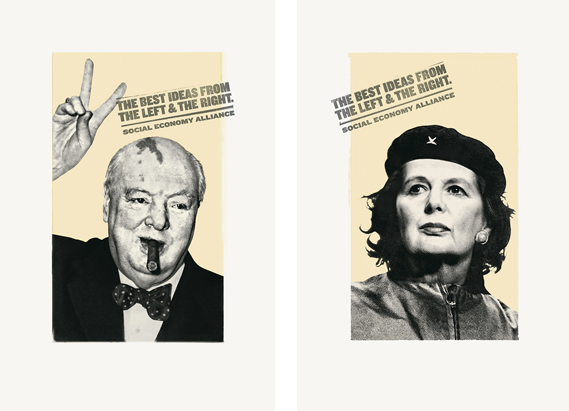Start-Up article is packed with top advice
I have a confession to make: I often link to articles and films that I have either not read/seen fully or (OMG) that I haven’t actually bothered experiencing at all.
But they sound good from the title, or they’ve been recommended by someone I trust, so what the hey.
So, in that context, I bring you an article I read from beginning to end.
It’s about creating a start up, but I think it’s full of great advice about creating anything:
“If you can just avoid dying, you get rich. That sounds like a joke, but it’s actually a pretty good description of what happens in a typical startup.”
“When startups die, the official cause of death is always either running out of money or a critical founder bailing. Often the two occur simultaneously. But I think the underlying cause is usually that they’ve become demoralized.”
“If you know it’s going to feel terrible sometimes, then when it feels terrible you won’t think “ouch, this feels terrible, I give up.”
“I like Paul Buchheit’s suggestion of trying to make something that at least someone really loves. As long as you’ve made something that a few users are ecstatic about, you’re on the right track. It will be good for your morale to have even a handful of users who really love you, and startups run on morale.”
“Let me mention some things not to do. The number one thing not to do is other things. If you find yourself saying a sentence that ends with “but we’re going to keep working on the startup,” you are in big trouble. Bob’s going to grad school, but we’re going to keep working on the startup. We’re moving back to Minnesota, but we’re going to keep working on the startup. We’re taking on some consulting projects, but we’re going to keep working on the startup. You may as well just translate these to “we’re giving up on the startup, but we’re not willing to admit that to ourselves,” because that’s what it means most of the time. A startup is so hard that working on it can’t be preceded by “but.””
“One of the most interesting things we’ve discovered from working on Y Combinator is that founders are more motivated by the fear of looking bad than by the hope of getting millions of dollars. So if you want to get millions of dollars, put yourself in a position where failure will be public and humiliating.”
“So I’ll tell you now: bad shit is coming. It always is in a startup. The odds of getting from launch to liquidity without some kind of disaster happening are one in a thousand. So don’t get demoralized. When the disaster strikes, just say to yourself, ok, this was what Paul was talking about. What did he say to do? Oh, yeah. Don’t give up.”
Now I’ve read it twice.



